Avenues Early Learning Centre Norman Park’s programs are prepared with a strong emphasis on the fundamentals such as language, literacy and math as well as the creative arts (art, music, and dance), development of life skills, problem solving and investigation. The weekly programs are influenced by the Early Years Learning Framework with a strong emphasis on the Reggio Emilia approach. Each Program is prepared by a qualified Early Childhood Educator, and each child’s individual needs and interests are considered whilst preparing the room’s program. The programs and experiences provided are appropriate to the child’s age and stage of development. Children are offered a range of learning experiences both indoors and outdoors.
Children need to use all their senses if they are to experience, discover and learn about their world. The centre’s programs take into consideration the multi-cultural backgrounds of the communities they are located in. Educators aim to break down and challenge traditional stereotypes, respect similarities and differences whilst promoting an atmosphere of inclusiveness. The educators are respectful of individual differences, interests, styles and rates of learning. They encourage children’s independence and aim to increase their awareness of the community and people around them.
The team at Avenues Early Learning Centre Norman Park consider themselves much more than just child care. They are a place for children to grow, learn, make friends, explore the world and become school ready. The children are exposed to a vast array of programs and inclusions as part of the daily fee.
The curriculum is the centre’s unique educational framework and the basis for essential early years learning and development. It includes core practices and programs that children are immersed in daily, through a balance of structured and unstructured play-based learning. It is guided by the Australian Early Years Learning Framework. Spanning nursery, toddler, preschool and school readiness ages. The 5 key areas of the curriculum are: Literacy and Numeracy, Exploration, Creativity, Sustainability and Togetherness.
Level 1:
Joeys room: 6 weeks to 15 months
Wombat room: 15 months to 2 years
On the nursery level, qualified educators deliver a curriculum specifically tailored to the needs of infants aged 6 weeks to 2 years. The curriculum is based on showing trust in babies as capable learners and respect for infants as unique individuals. Qualified educators help to build secure and reciprocal relationships, providing space for babies to explore, learn and develop. As well as lots of unstructured indoor and outdoor play, the children take part in programs such as music, physical activity and projects that meet the children’s interests.
Level 2:
Platypus room: 2 years to 3 years
Possum room: 2 years to 3 years
Kangaroos room: 2.5 years to 3.5 years
Lorikeets room: 2 years to 3 years
Cockatoos room: 2.5 years to 3.5 years
Crocodiles room: 3 years to 4 years
In these rooms the educators deliver a curriculum specifically for this group. It has been designed to encourage younger children to explore, solve problems, create, construct, and interact with peers. It’s a holistic curriculum that immerses education and development experiences into daily practice. The qualified educators, along with the education, allied health and wellbeing specialists work together to ensure that each child is meeting all the right milestones. As well as lots of unstructured indoor and outdoor play, the children take part in daily programs such as music programs, Mandarin language, and art lessons for children over 3 years.
Level 3:
Kindergarten: for children who turn 4 by 30th June.
In Kindergarten the teachers and educators create quality experiences that place each child in the best position to begin school. Skills such as reading, writing, numeracy and technology are all introduced through the curriculum specifically designed for the 4– 6-year-old age group. The children’s independence and resilience is developed through small group activities and lots of outdoor play, which will help them enjoy a smooth transition to school. The qualified teachers and educators, along with the education, allied health and wellbeing specialists work together to ensure that each child is meeting all the right milestones. As well as lots of unstructured play, the children take part in programs such as music, Mandarin, and art.


























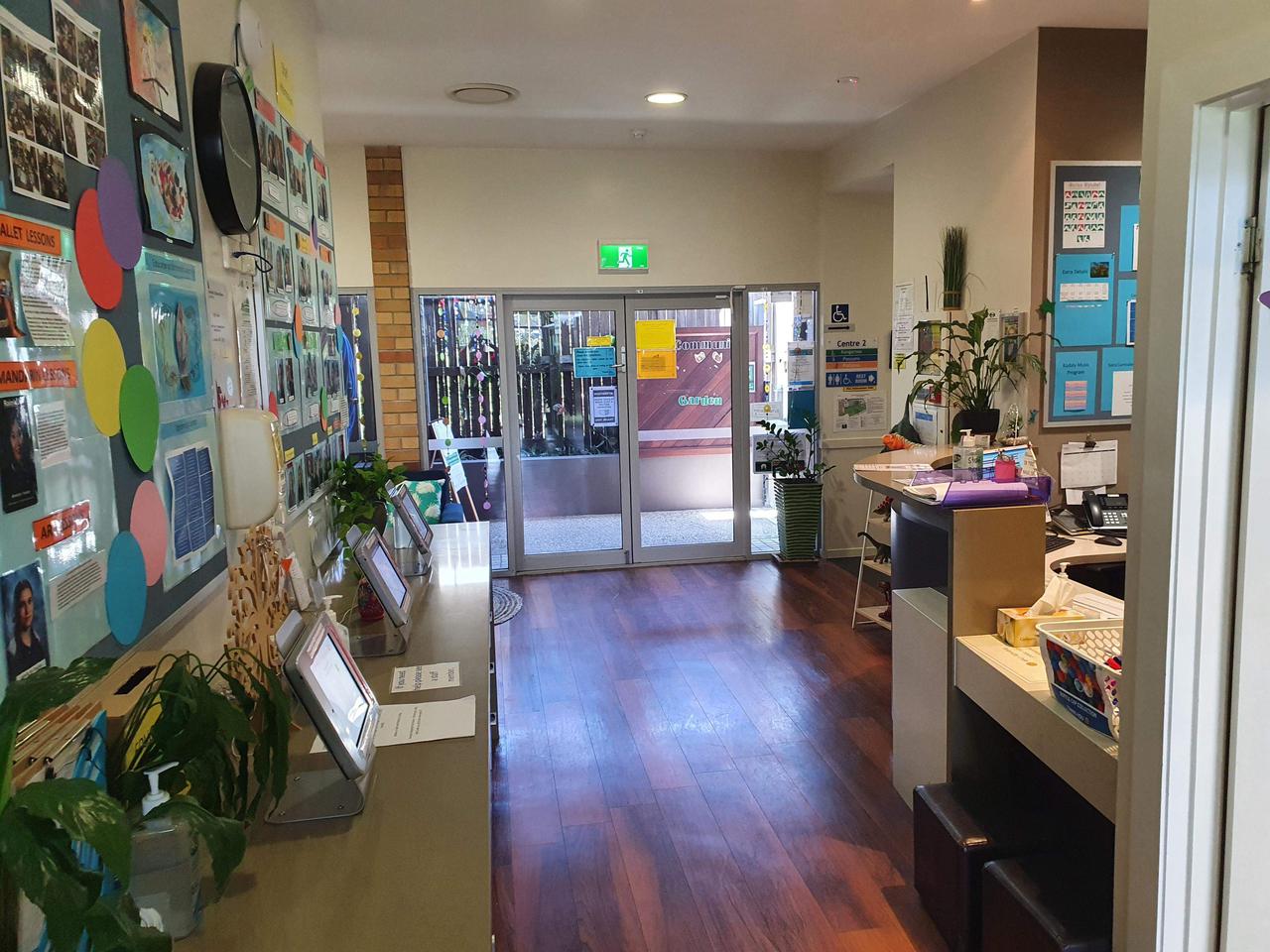
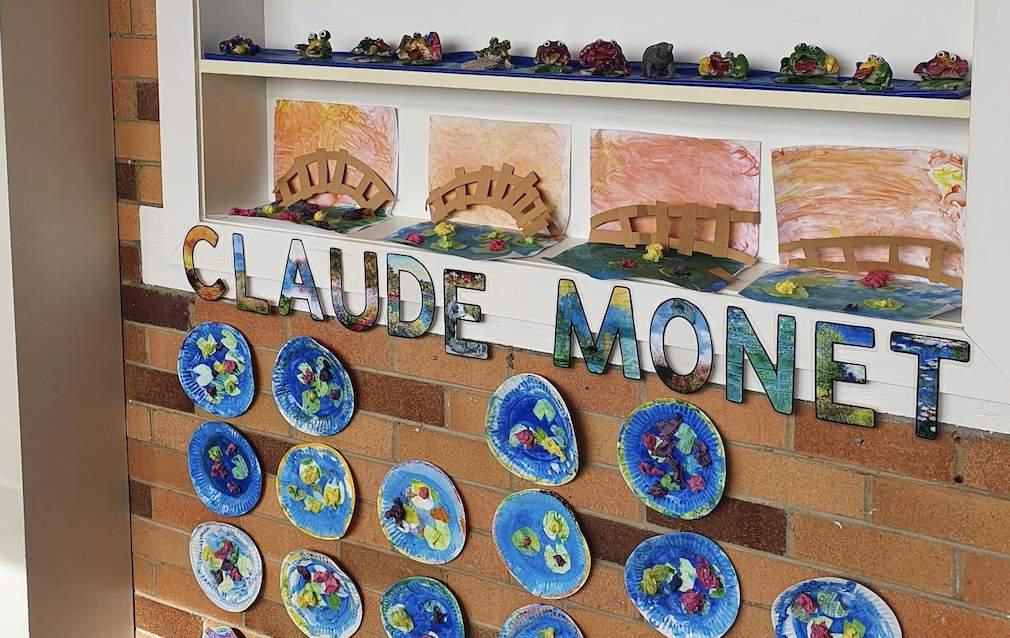
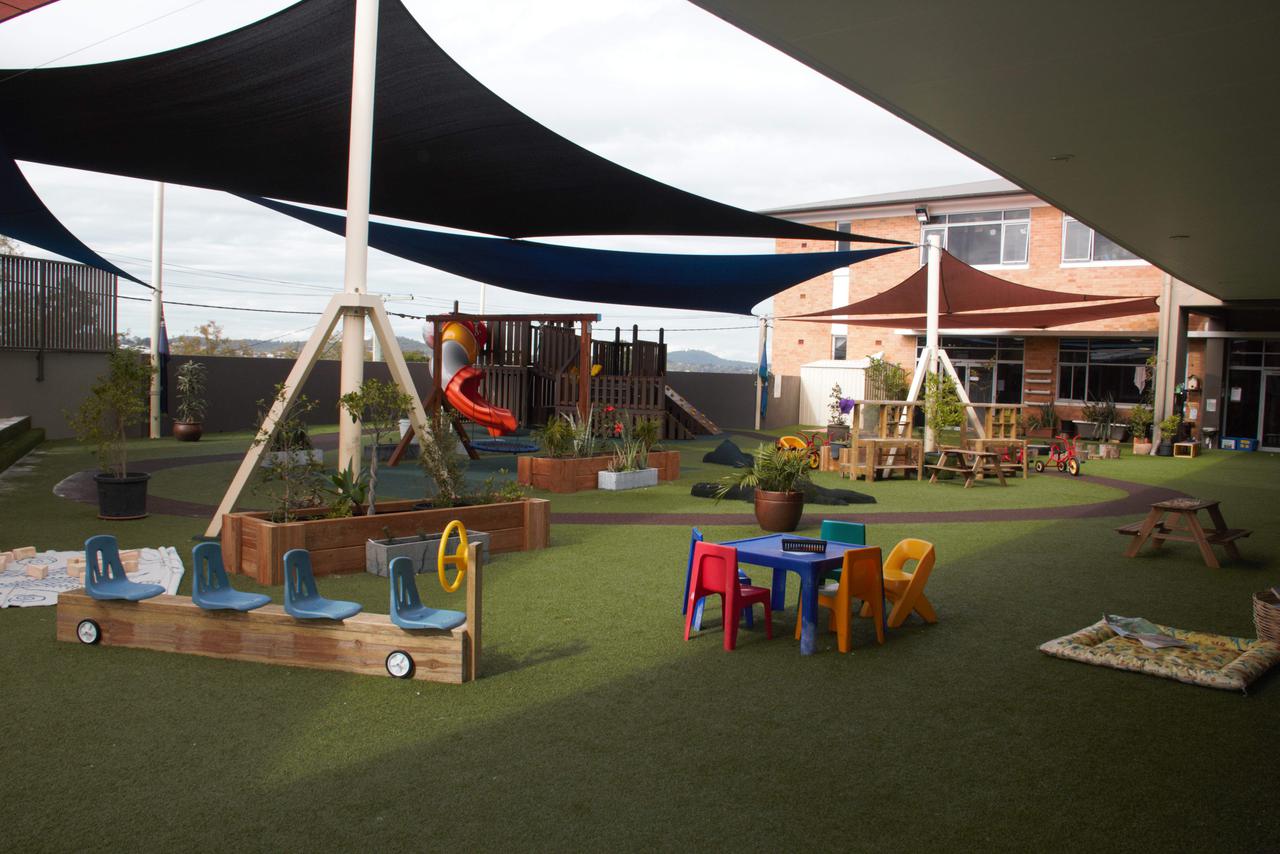
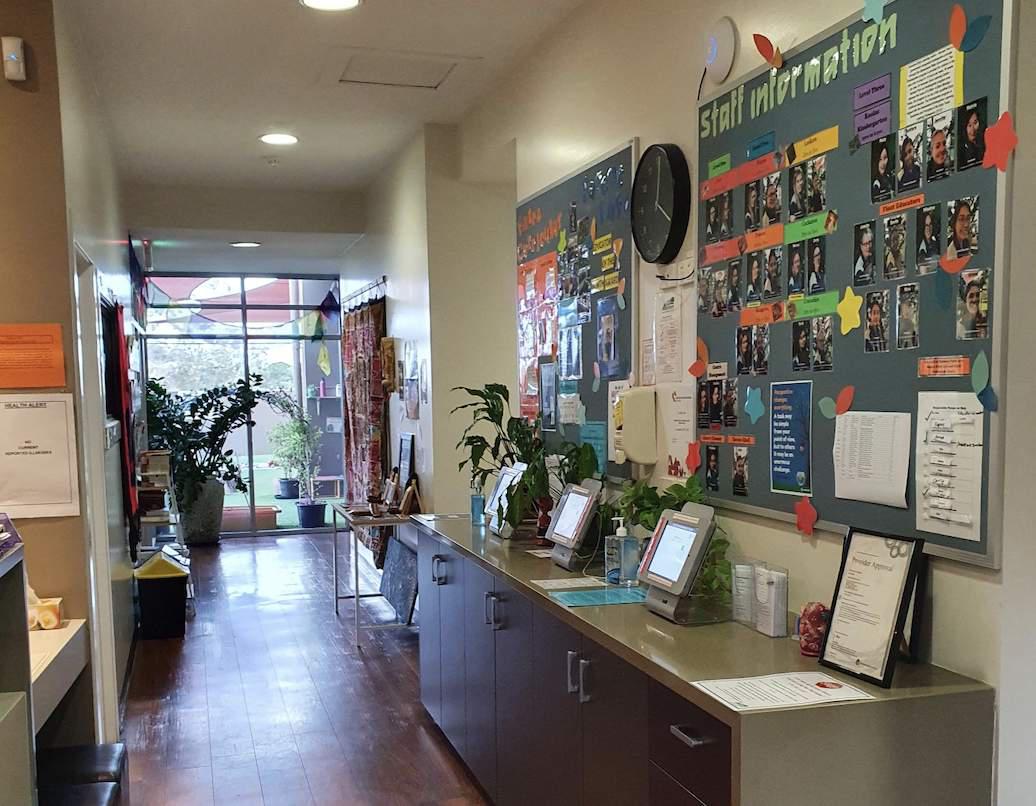
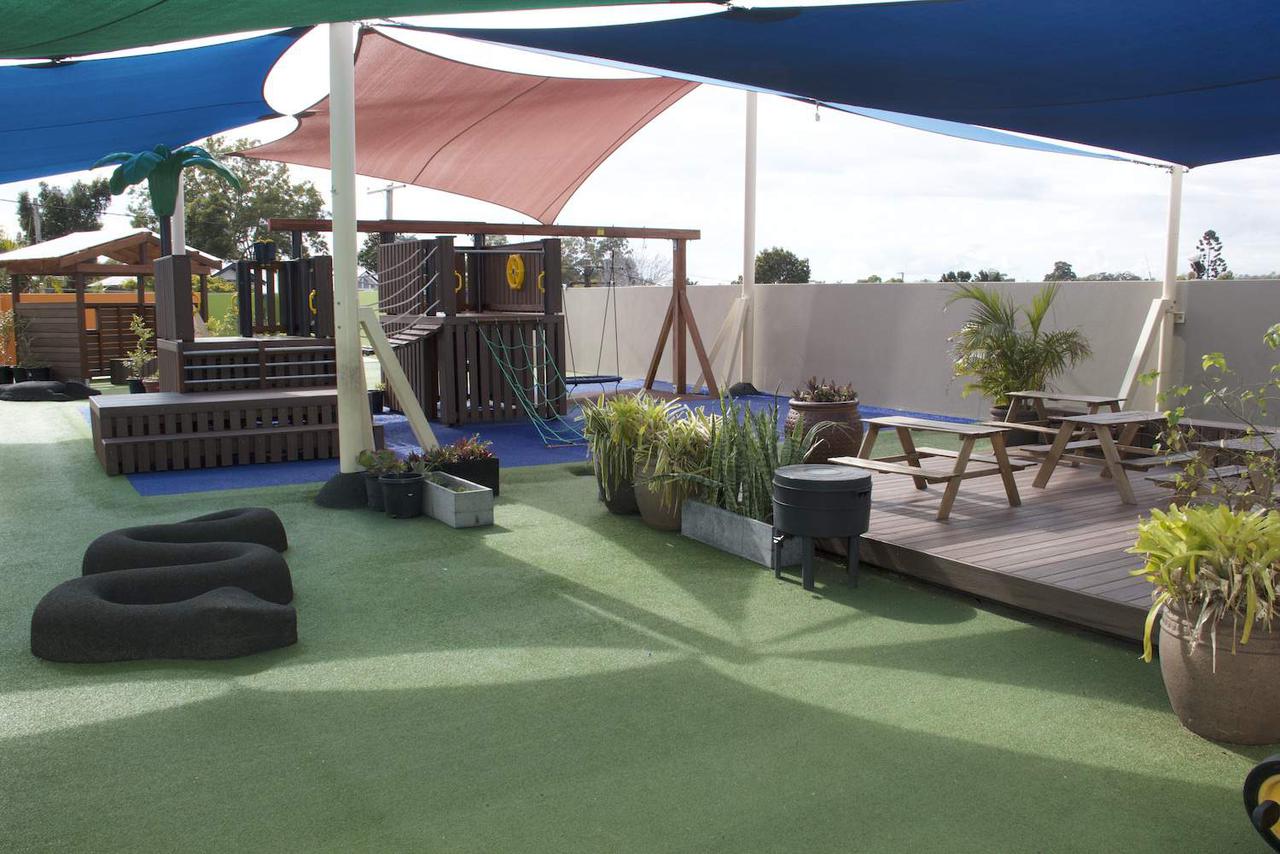
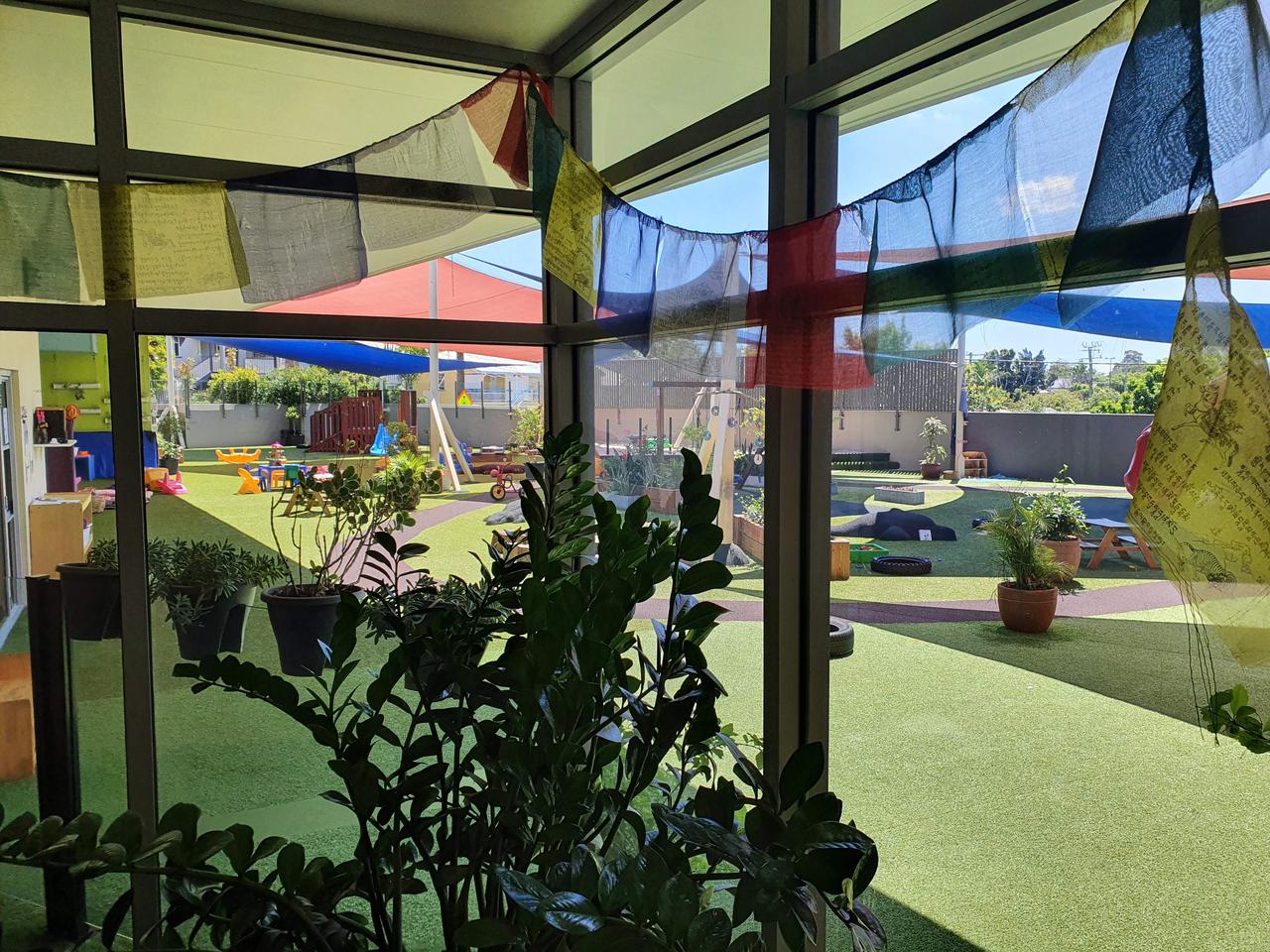




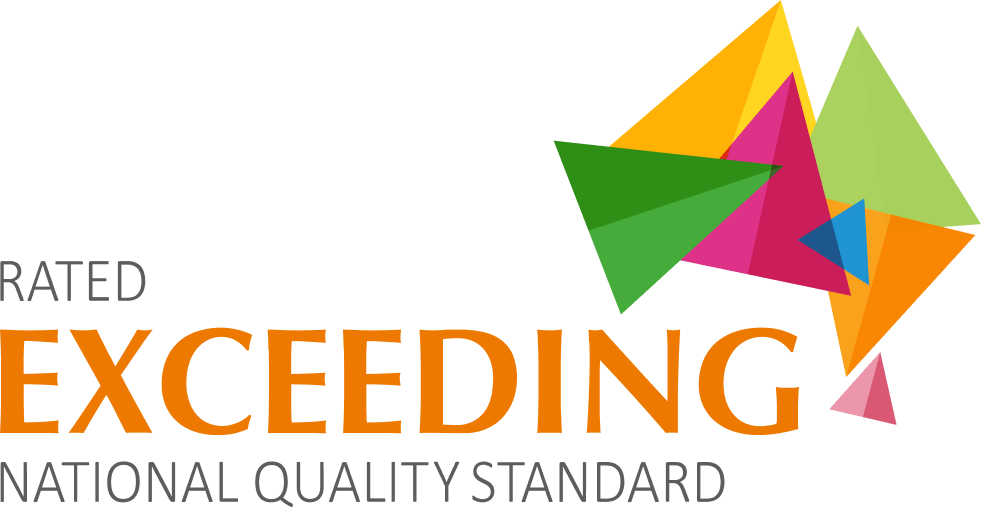


















































































Social News Feed
Social posts for this centre will appear here once they're available.
Can not get post detail